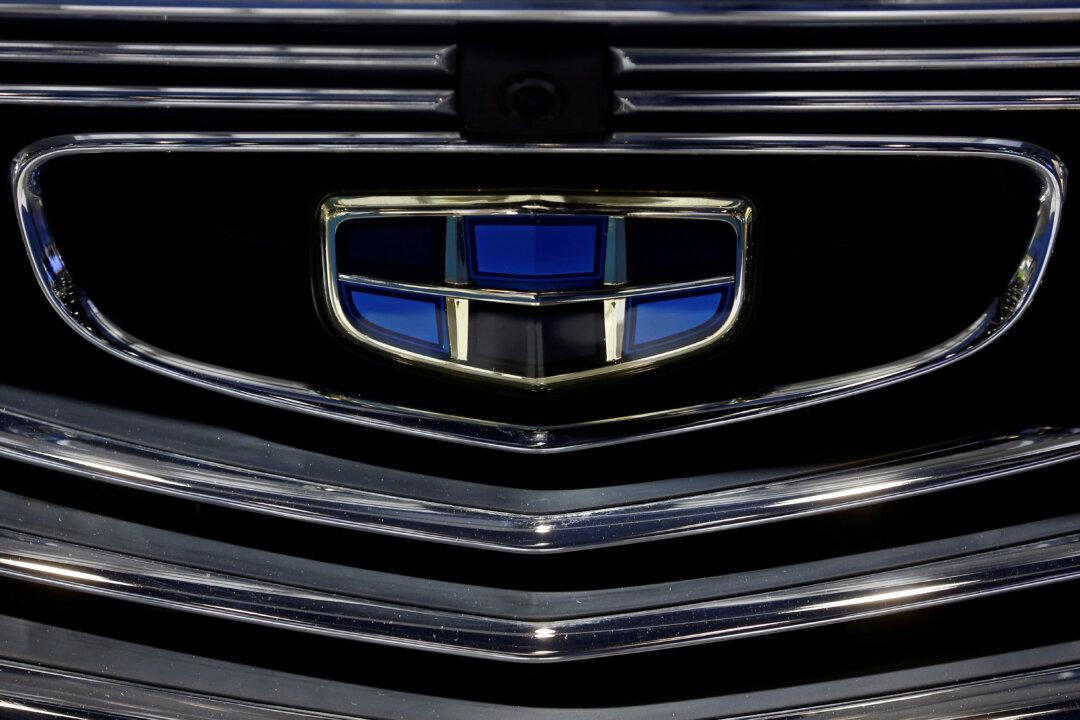BEIJING—China’s most globally high-profile and successful carmaker, Geely, is forecasting flat sales this year, a sharp slowdown from 2018 as the country’s giant auto market struggles with slowing economic growth and more cautious consumers.
Geely Automobile Holdings Ltd, the main listed unit of the Geely empire which owns Volvo Cars and Proton, posted sales growth of 20 percent in 2018.





